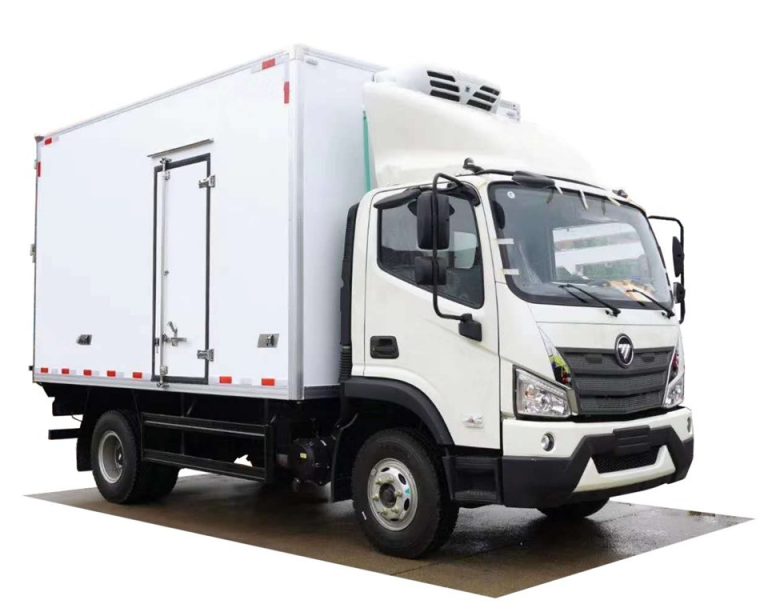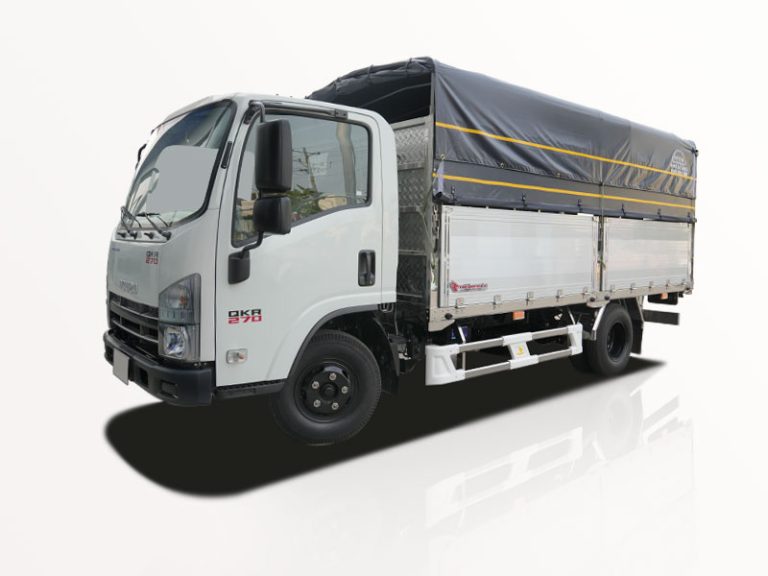Class C RV vans have gained immense popularity among adventurers and road trippers alike. Known for their versatility, spaciousness, and convenience, these vehicles provide a fantastic way to travel while enjoying home-like amenities. In this comprehensive guide, we will dive deep into the world of Class C RV vans, exploring their features, advantages, and practical tips for potential buyers.
What is a Class C RV Van?
Class C RVs, also known as Class C motorhomes, are a specific type of recreational vehicle built on a truck chassis. They typically feature a distinctive cab-over design, allowing for additional sleeping space or storage above the driver’s compartment. Class C RVs range in size and features, offering ample room for families or small groups traveling together.
Key Features of Class C RV Vans
- Size: Class C RVs generally range from 20 to 32 feet in length, providing a good balance of space and maneuverability.
- Sleeping Capacity: Most Class C RVs can comfortably sleep 4 to 8 people, depending on the layout.
- Kitchen Facilities: These RVs typically include a full kitchen complete with a stove, refrigerator, sink, and sometimes a microwave.
- Bathroom: Most Class C RVs are equipped with a bathroom, which may include a shower, toilet, and sink.
- Living Space: The interior usually features a seating area that can convert into a bed and possibly a dining area.
Benefits of Owning a Class C RV Van
Purchasing a Class C RV van can offer numerous benefits. Here are some standout advantages:
1. Versatility and Comfort
Class C RVs are ideal for various types of travelers. Whether you are a family looking to create lasting memories, a couple seeking adventure, or solo travelers exploring the open road, Class C RVs offer comfort and versatility that other RV classes may not provide.
2. Easier to Drive
One of the most appealing aspects of a Class C RV van is its ease of driving. With a design similar to that of a large van, many find that maneuvering around towns, parking, and navigating tight spaces is significantly easier compared to larger Class A motorhomes.
3. Affordability
Class C RVs tend to be more affordable than their Class A counterparts, both in terms of upfront costs and maintenance. This makes them an excellent choice for budget-conscious travelers looking for an enjoyable and practical way to explore the outdoors.
4. Family-Friendly Options
Many Class C RVs are specifically designed with families in mind, featuring bunk beds, multiple sleeping areas, and kid-friendly interiors. This helps ensure that everyone can enjoy the adventure together comfortably.
5. Good Resale Value
Due to their popularity, Class C RVs maintain a good resale value. This means when you decide to upgrade or change your RV, you’re likely to get a satisfactory return on your investment.
Choosing the Right Class C RV Van
With numerous models and layouts available, selecting the right Class C RV can be overwhelming. Below are key factors to consider:
1. Size and Layout
Consider how many people will be traveling and what sleeping arrangements you need. These factors will influence the size and layout of the RV you choose. Most manufacturers provide a variety of floor plans for you to choose from.
2. Engine and Fuel Efficiency
Class C RVs typically have V8 engines that provide adequate power for travel. Fuel efficiency varies by model, with some newer models designed with better aerodynamics and lighter materials, improving miles per gallon.
3. Amenities and Upgrades
Consider which amenities are most important to you. Some RVs come equipped with luxury features such as outdoor kitchens or entertainment systems, while others may offer more basic facilities.
4. Budget
Determine your budget early in the process. Consider both the purchase price and ongoing expenses such as fuel, insurance, maintenance, and camping fees.
Practical Tips for Using a Class C RV Van
1. Planning Your Route
Before hitting the road, plan your route and consider factors like terrain and elevation. Apps and GPS devices designed for RV travel can make this process easier, helping you avoid any potential pitfalls.
2. Camping Locations and Reservations
Reserve camping spots in advance, especially during peak travel seasons. National Parks and popular state parks often fill up quickly, and having a reservation can save you time and stress.
3. Understanding Weight Limits
Ensure you know the weight limits of your Class C RV. Overloading can result in poor handling and may damage the vehicle or suspension system. Familiarize yourself with your RV’s specifications to avoid these issues.
4. Regular Maintenance
Routine maintenance is essential for keeping your RV in proper working condition. Regularly check engine fluids, tires, and brakes. Additionally, inspect the plumbing and electrical systems before and after trips.
Class C RV Vans vs. Other RV Classes
1. Class A RVs
Class A RVs are larger and often considered luxury motorhomes. They come with more high-end features but are less maneuverable and generally more expensive than Class C options.
2. Class B Vans
Class B vans, or camper vans, are smaller and more compact, ideal for solo travelers or couples. While easier to drive and park, they often lack the space and amenities found in Class C vans.
3. Travel Trailers
Travel trailers are towed by a vehicle rather than being self-driving. This arrangement can offer more living space but requires an additional vehicle to tow, which can complicate parking and travel logistics.
Customizing Your Class C RV Van
1. Interior Upgrades
From changing the upholstery to upgrading countertops, many RV owners choose to personalize their interiors to fit their style. Consider updating the lighting, curtains, or cabinetry to create a space that feels like home.
2. Exterior Modifications
Many Class C owners opt for exterior enhancements like awnings, solar panels, and bike racks. Solar panels can be a fantastic addition for boondocking, allowing for more off-grid adventures.
3. Organizing Tips
Maximize space in your Class C RV by using multifunctional furniture, storage bins, and hooks. Consider under-bed storage and cabinet organizers to keep everything tidy and accessible.
Exploring Class C RV Van Communities
Being part of the RV community can enhance your experience. Join online forums, social media groups, and local clubs to connect with fellow RV enthusiasts, share tips, and find new places to explore.
Popular RV Forums and Groups
- iRV2: A great forum for RV owners to share experiences and advice.
- Facebook Groups: Numerous groups focus on Class C RVs, where members share tips and coordinate meet-ups.
- RVillage: An online community that connects RVers, making it easy to find friends on the road.
Frequently Asked Questions (FAQ)
1. How much does a Class C RV cost?
The cost of a Class C RV can vary greatly based on make, model, and features. On average, expect to pay between $50,000 to $120,000 for a new unit. Used RVs can range from $20,000 to $60,000.
2. Can you drive a Class C RV with a regular driver’s license?
Yes, in most states you can drive a Class C RV with a standard driver’s license. However, it’s essential to check local regulations as requirements can differ by state.
3. What is the average lifespan of a Class C RV?
With proper maintenance, a Class C RV can last anywhere from 15 to 30 years. Regular care and timely repairs can significantly extend this lifespan.
4. How do I prepare for my first RV trip?
Make a checklist of essentials, including food, water, bedding, tools, and entertainment. Familiarize yourself with your RV’s systems (water, electricity, gas) and practice parking and maneuvering before you hit the road.
5. What are the best Class C RVs on the market?
Some popular Class C RVs include the Winnebago Sprinter, Thor Motor Coach Four Winds, and Coachmen Leprechaun. Research individual models to find the one that fits your needs best.
6. Can I live in a Class C RV full-time?
Yes, many people choose to live full-time in Class C RVs. Consider your lifestyle needs, budget, and essential amenities before making this decision.



